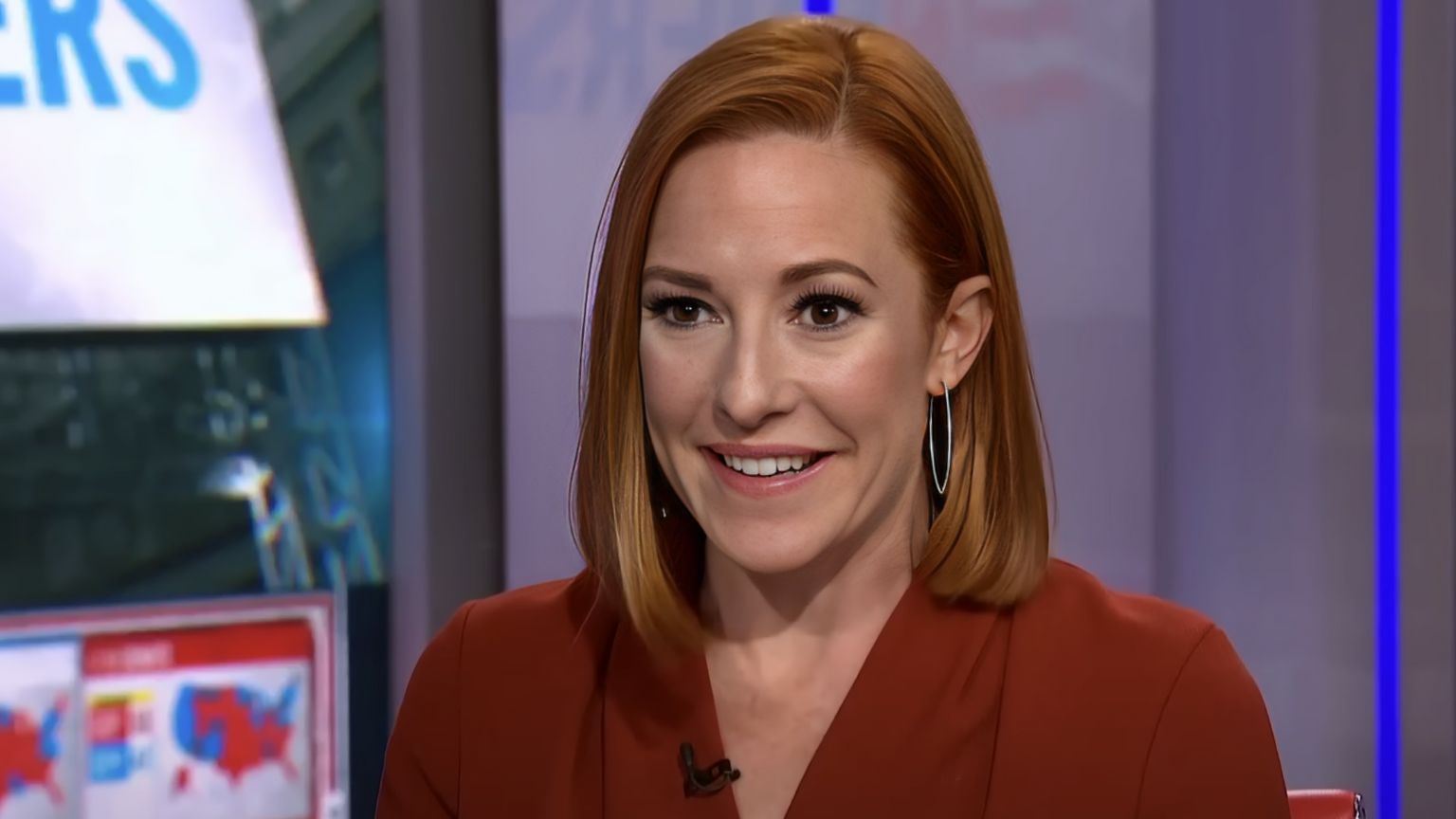Jen Psaki, the former White House press secretary, and Department of Justice (DOJ) are fighting a subpoena requiring her to testify in the lawsuit filed by Missouri and Louisiana attorneys general – alleging that the Biden administration colluded with social media platforms to censor certain viewpoints on the pandemic.
The motion to quash the subpoena was filed in a federal court in Virginia. It argues that the deposition would be “extremely burdensome” for Psaki, who is preparing to be the host of a new show on MSNBC.
We obtained a copy of the motion for you here.
“Among other things, I understand that I would need to devote several days preparing for the deposition, as well as attending the deposition itself, and that would be highly disruptive to both my work and my family,” Psaki wrote in the request.
Psaki has in the past admitted that the Biden administration was flagging people’s speech to social media platforms.
The DOJ argued that Psaki’s deposition would result in a debate over executive privilege considering she was a top adviser to President Joe Biden.
The DOJ lawyer said: “If permitted to proceed, the deposition of Ms. Psaki would inevitably set the Executive and Judicial Branches ‘on a collision course’ through adjudications of executive privilege, thrusting the court into ‘the awkward position of evaluating the Executive’s claims of confidentiality and autonomy,’ and ‘difficult questions of separation of powers and checks and balances’ would quickly be pushed to the fore.”
“Plaintiffs have not identified any evidence showing or even suggesting that Ms. Psaki ever communicated with any social-media company in her capacity as Press Secretary about misinformation, much less that she ‘exercised coercive power’ to compel a social-media company to take any action,” the DOJ added.
Other defendants that have tried to use a similar “burdensome” defense have already been shut down by District Judge Terry Doughty who said, “The Court finds that both the public interest and the interest of the other parties in preserving free speech significantly outweighs the inconvenience the three deponents will have in preparing for and giving their depositions.”










